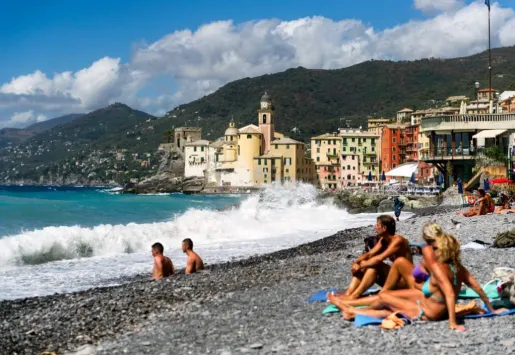
A popular Italian destination that has seen signs of recovery from the impact of the pandemic is the Veneto region, as announced by the regional councilor for tourism Federico Caner.
According to the authorities, good weather and a very strong desire for holidays led to the extension of the summer season to September. During this month, the Veneto region registered more arrivals than during the pre-Covid era (+ 0.3 %).
In particular, there was a much higher desire to travel to the seaside (+ 18.4 %) and to the mountains (+ 16.2 %). According to data, the hotel sector almost returned to the figures from 2019 (-12 %), while non-hotel facilities saw impressive growth (+ 10.4 %).
Over 39 Million Visitors
Not only September, but the entire summer season was a successful one and withstood the comparison with the 2019 season, which was defined as an exceptional year in terms of tourism.
Concretely, 39 million tourists arrived to Veneto from June to September, compared to 46 million in 2019 (- 14.7 %).
However, the cities of art, destinations that are heavily reliant on foreign tourism, are still suffering. The number of arrivals compared to 2019 here remains negative (- 35.9 %). On the other hand, the number of Italians who decided to visit Veneto cities is growing (+ 14.1 % compared to 2019).
Number of Foreign Tourists Growing
From the above-mentioned, it is clear that domestic tourism was the main driver of the region during the summer season, as also confirmed by the councilor himself, who emphasized the importance of “building loyalty” in this context.
However, growth has also been registered in terms of the inflow of foreign tourists. The number of overnight stays of foreigners rose sharply compared to last year (doubled between June and September), even though it is still evident that the comparison with 2019 is not favorable (- 42.1 %).
“In the world, there is a great desire for Italy and Veneto. The hope is that as soon as possible we can get back to the top. The pandemic is not over, and we all have a very strong responsibility in limiting infections by having a responsible attitude,” Caner concluded.













